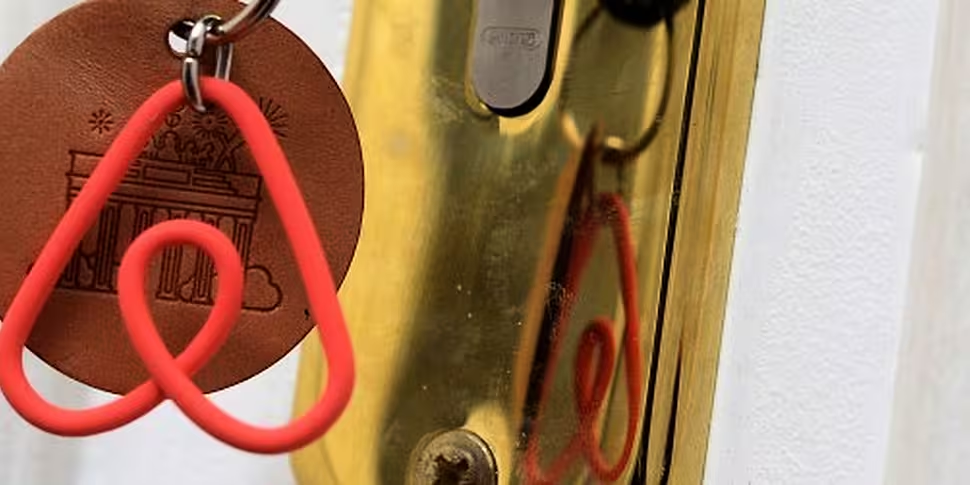Updated: 09.50
Gay male couples are less likely to get a room on Airbnb because of discrimination.
That is according to two economists at Trinity College Dublin, who carried out an experiment on the holiday accommodation site.
Ronan Lyons and Rishi Ahuja set up four separate accounts on Airbnb for couples of different sexualities.
The accounts were set up under the guise of two gay men, two gay women and a man and a woman.
Some 600 identical messages were sent out across the different accounts.
The only difference in responses was to the two gay men.
In a description of the experiment, the authors say: "Online marketplaces were built with the implicit promise of reducing discrimination.
"Over time, though, online marketplaces have increasingly been designed to reduce anonymity as an exercise in trust building.
"While the reduction of anonymity can build trust, such design choices can also facilitate discrimination."
They say the study was the first to examine whether there is discrimination against those in same-sex relationships in the sharing economy.
The research found gay men were 20 to 30% less likely to secure a booking than identical guests in opposite-sex relationships.
Mr Lyons says the discrimination was not put in writing, but men were more likely to have their inquiry e-mail ignored.
"This difference is driven by non-responses from hosts, not outright rejection".
But he says male hosts, and those with many listings, are less likely to discriminate.
Discrimination against men in same-sex relationships was seen least in the most desirable locations.
"The findings are not consistent with taste-based discrimination but, with little evidence for statistical discrimination, they raise something of a puzzle about the underlying source of discrimination against those in (same-sex relationships)", the authors say.









